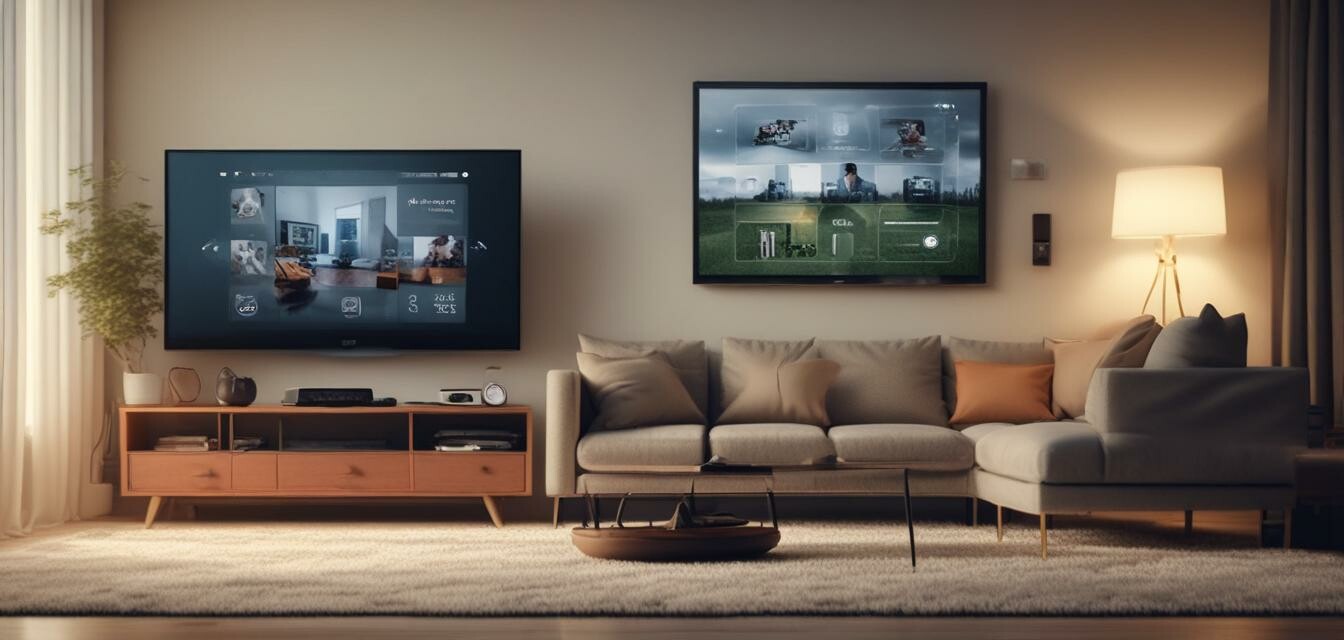
The Importance of Home Security Audits
Key Takeaways
- Regular home security audits identify vulnerabilities in your security setup.
- Integrating smart technologies enhances the effectiveness of your security measures.
- Using a systematic approach can help you prioritize upgrades and improvements.
- Increased awareness of security best practices contributes to overall safety.
- Conducting audits regularly keeps your home security updated and robust.
In today's world, ensuring the security of your home has never been more crucial. With rising crime rates and increasing dependence on technology, integrating smart technologies into your home security system is essential. Conducting regular home security audits not only identifies vulnerabilities in your system but also helps you stay one step ahead. In this article, we will explore why home security audits are vital, how they improve safety, and best practices for conducting them.
What is a home security audit?
A home security audit is an evaluation of your home security measures to ensure they are effectively preventing unauthorized access and protecting you from potential dangers. It involves inspecting security systems like alarms, cameras, and locks, as well as assessing your overall security protocols and practices.
Why are home security audits important?
Regular audits are critical for various reasons:
- Identify vulnerabilities: By assessing your security system regularly, you can pinpoint weaknesses or gaps that may have developed over time.
- Update your technology: With rapid advancements in smart home technology, an audit helps you determine if your systems are outdated and need an upgrade.
- Enhance overall safety: A thorough assessment of your home can lead to implementing new best practices and integrating cutting-edge technology for better safety.
Steps to conducting an effective home security audit
1. Evaluate your current security systems
Start by taking inventory of all the security devices currently in use. Make sure they are functioning correctly and review their effectiveness:
| Security Device | Status | Notes |
|---|---|---|
| Alarm System | Functional | Check battery and connection |
| Smart Cameras | Needs upgrade | Resolution and night vision capabilities |
| Motion Sensors | Functional | Positioning may need adjustment |
2. Assess entry points
Check all entrances and windows for any sign of wear or ineffective barriers. Pay attention to the following:
- Quality of locks on doors and windows
- Presence of surveillance cameras on entry points
- External lighting to deter intruders
3. Review security protocols
Analyze your home's security protocols, which include password management, camera settings, and alarm system activation. Some recommended practices are:
- Ensure each device has a unique password.
- Regularly change passwords for all smart devices.
- Set up two-factor authentication where possible.
Integrating smart technologies in your audit
Smart technologies can significantly enhance the effectiveness of your home security systems. Here are some solutions to consider:
| Technology | Functionality | Benefits |
|---|---|---|
| Smart Locks | Remote access control | Increased convenience and keyless entry |
| Smart Cameras | Real-time monitoring | Enhanced awareness and improved evidence capture |
| Home Automation Systems | Integration of all devices | Simplified management and increased functionality |
Best practices for maintaining security
Once your audit is complete, here are some best practices to maintain a secure environment:
- Schedule regular audits (at least once a year).
- Stay updated on the latest security technologies.
- Consider professional security evaluations for a comprehensive perspective.
Conclusion
Regular home security audits are an essential part of maintaining a safe environment. By assessing your current security measures and integrating smart technologies, you can significantly enhance your overall safety. Stay proactive, aware, and up-to-date to keep your home secure.
Pros
- Enhances overall home security.
- Identifies weaknesses before incidents occur.
- Integrates the latest technology for better protection.
Cons
- Requires time and effort to conduct properly.
- May need investment in new technologies.
Additional Resources
For more information on how to enhance your smart home security, check out our Buying Guides section. Here, you'll find useful tips to choose the right systems for your needs. Additionally, learn more about trends in home security technology and how you can stay ahead.
